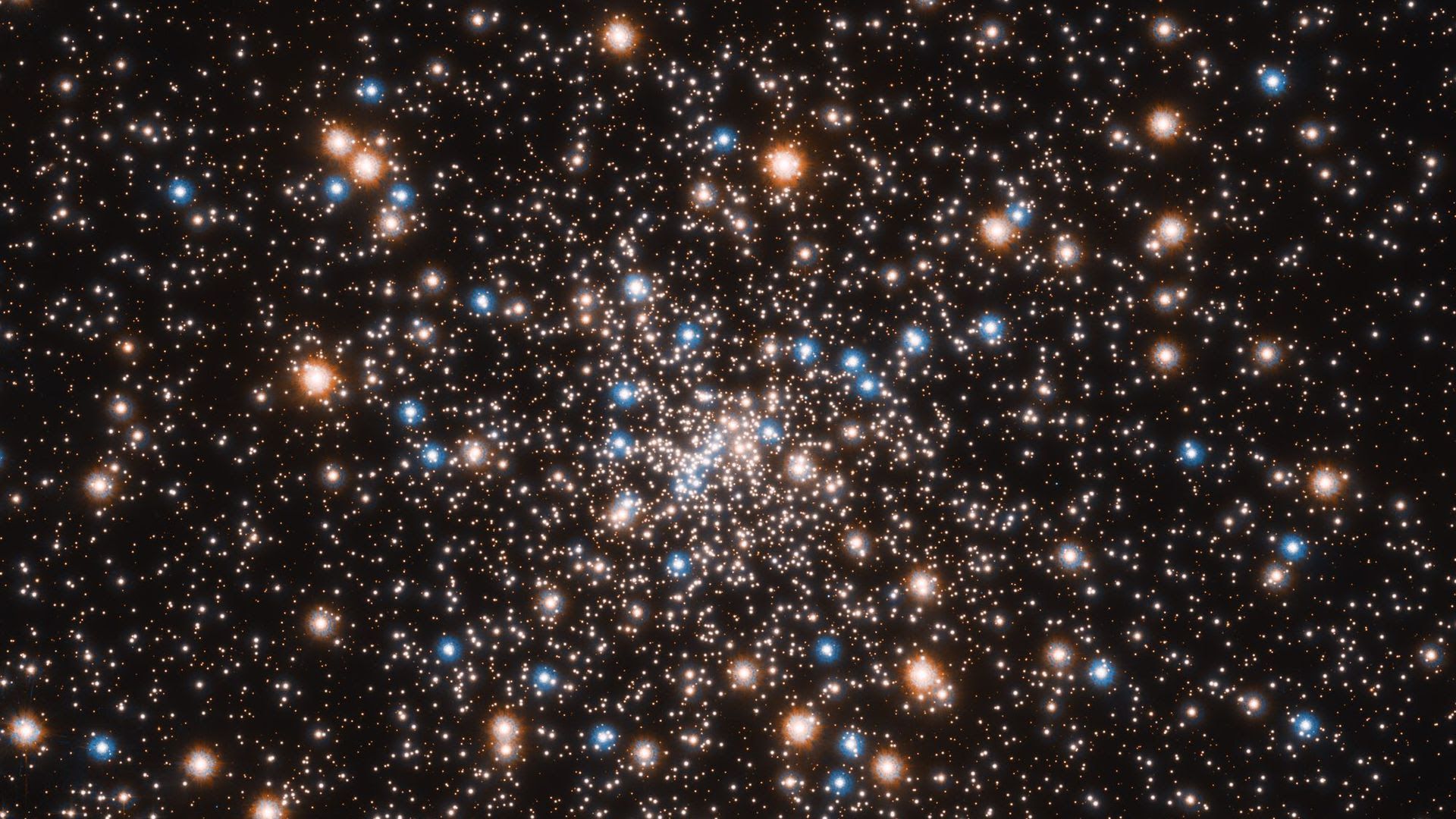Feb 16, 2021 - Science
Scientists seek better understanding of black holes from star cluster
Add Axios as your preferred source to
see more of our stories on Google.

NGC 6397 seen by the Hubble Space Telescope. Photo: NASA/ESA/STScI
Add Axios as your preferred source to
see more of our stories on Google.

NGC 6397 seen by the Hubble Space Telescope. Photo: NASA/ESA/STScI